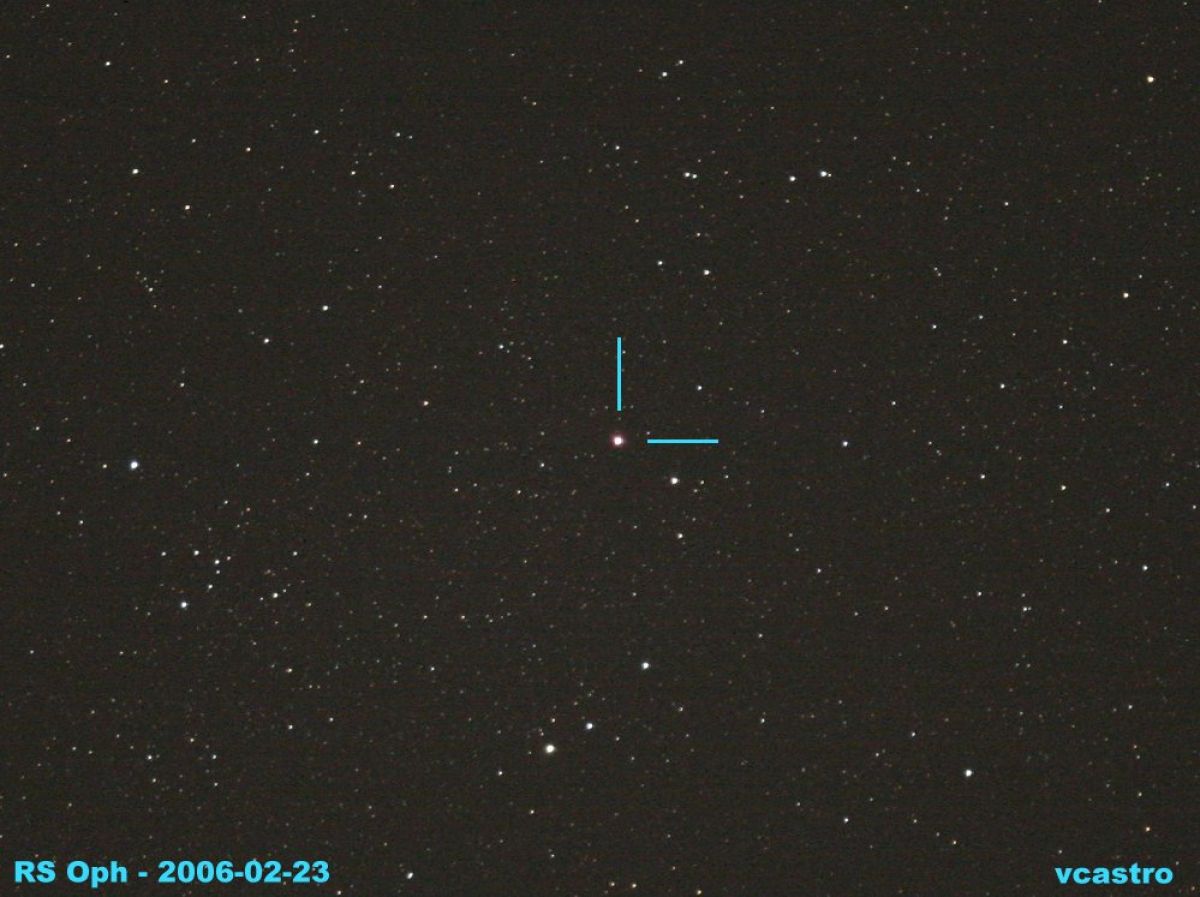Citizen scientists: How amateur scientists are advancing astronomy

To many people, science can seem incredibly elitist and impenetrable, requiring lengthy study to be accessed or understood. However, there are a group of passionate amateurs around the world who are constantly adding to our body of knowledge, many without any formal training or qualifications.
Why is amateur astronomy so important?
One field that has historically benefited enormously from the work of these so-called ‘citizen scientists’ is astronomy, and for good reason! In case you hadn’t noticed, the sky is massive. In the Milky Way- our own galaxy- alone, there are about 100 thousand million stars. The universe is thought to contain many millions of galaxies. Expensive telescopes run by observatories simply can’t observe all these stars themselves.
This is where amateur astronomers step in. With smaller telescopes or binoculars, they can search the skies for interesting variations the experts may have missed, even beating specialised computer programmes to new discoveries.
Keith Geary: Astronomer extraordinaire
Keith Geary, an Irish laboratory manager, is one of those individuals. Despite his full-time job in paint manufacturing, he still finds the time to observe the sky, directing professional astronomers to point their telescopes at celestial events they might otherwise have missed.
Most recently, he observed an outburst of the recurrent nova RS Ophiuchi. Novae are the explosion of white dwarfs, the cores that remain after stars like our sun have used up most of their fuel and start to ‘die’.
This explosion causes the core to shine up to a million times brighter than normal. For recurrent novae, this increase in brightness reoccurs periodically. Astrophysicists are still unsure as to what causes this recurrence, which is why their observation is so important. RS Ophiuchi recurs about once every 15 years, making it convenient to study.
The nova lies in the Ophiuchus constellation and is a binary system consisting of a white dwarf and a red giant-a large star in the final stages of its evolution. It is about 5000 light-years away, meaning the explosion occurred 5000 years before Geary witnessed its light arriving to Earth.
Geary was visiting his parents’ home in Waterford City, Ireland on summer holidays when he made his discovery.
“I went to my old observing place by the seaside called Dunbratton, County Waterford. After a week of cloudy nights, I set up my DSLR camera for my regular nova patrol (I photograph the same part of the Milky Way with the same camera settings and lens, and compare it to a ‘master’ shot).
I photographed the RS Ophiuchi field with my 200mm lens and reviewed the shot on camera, I thought that I had made a mistake…to my amazement, it was an outburst.”
Geary then notified the scientific community, allowing researchers at UoM’s Jodrell Bank and elsewhere to record data on its recurrence, and deduce more about the star’s activity.
It was a long time coming, as Geary had observed the star since the year 2003. His niche is variable stars and recurrent novae, enthusing “I love ‘nova hunting’ whereby you can keep an eye on known recurrent novae for another outburst and possibly discover another yourself.”

This long commitment to a tiny section of the sky is characteristic of the dedication of amateur astronomers, who often spend hours shivering outside during late nights and early mornings. Geary tries to restrict his observations to weekends due to astronomy’s inconvenient hours, but admits that “any clear night during the week tempts [him] out”.
The joys of astronomy
Despite the sometimes unsociable hours, Geary is keen to emphasise the accessibility of astronomy. When asked why he loves it so much, he stated “It’s free! You can gaze with simply your eyes at our Milky Way or observe our moon, planets or any deep sky objects.”
He recommends anyone interested gets involved in a community of amateur astronomers. “Start easy and go to a ‘Star Party’, meet people. Join an online group. Learn what can be seen and get a pair of binoculars to start. Decide what you want to see, never lose that sense of wonder!”
If you want to get more involved, the prices of telescopes and binoculars have decreased in recent decades. In fact, following Geary’s advice, I asked for binoculars for Christmas. I was amazed at how they enriched my evenings over the holidays. Even my family, who have listened to my nerdy rants about space for years with ever-decreasing interest, were excited to have a look.
There is something awe-inspiring about witnessing the night sky in greater detail, increasing your awareness of the vastness of our universe, and the tiny part we play in it.
Who knows where this new hobby may take me?







